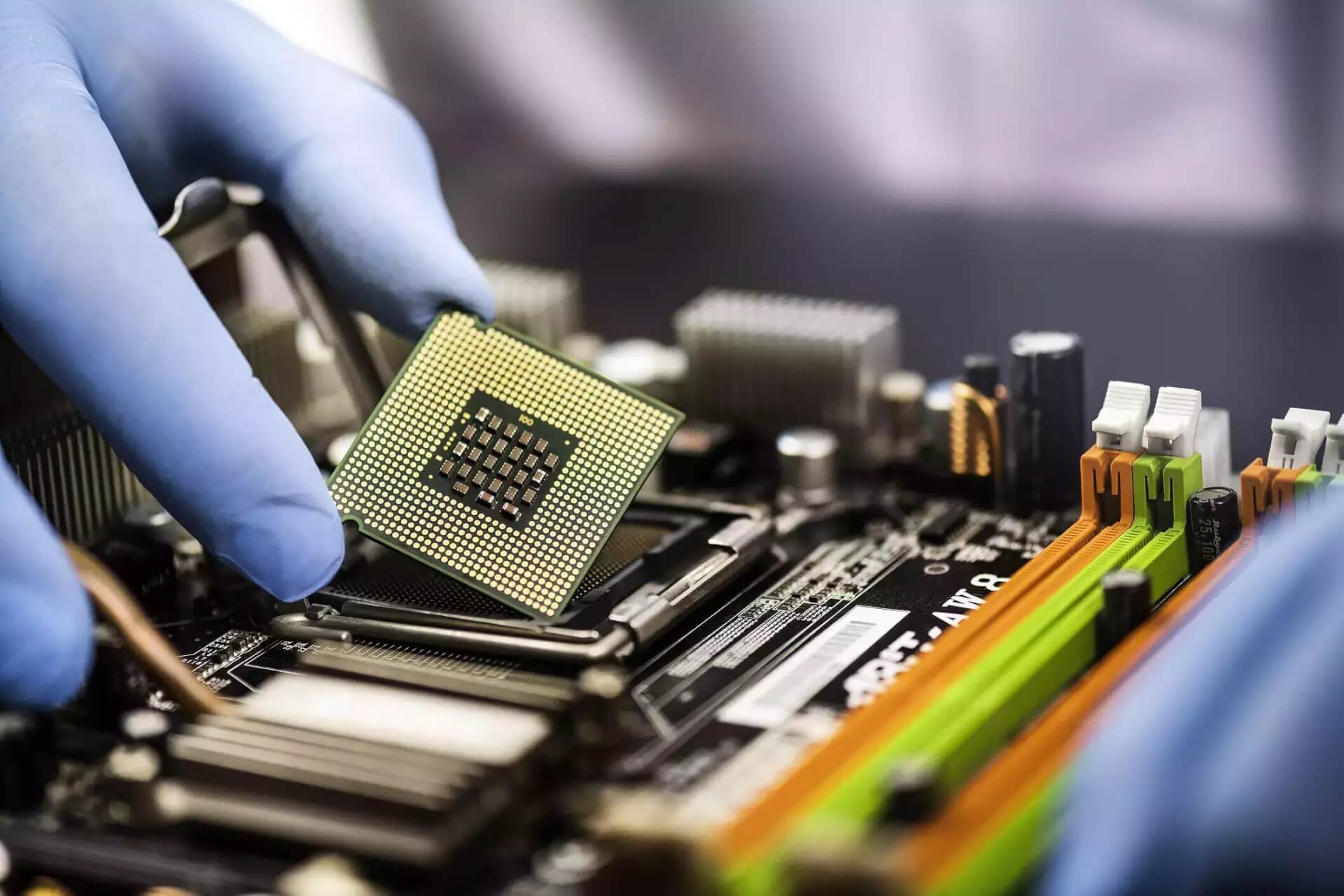China announced export restrictions on two metals critical to semiconductor manufacturing, the Chinese Commerce Ministry confirmed late Monday, a warning to Europe and the US in their developing technological trade war over access to microchips.
Chinese Export Restrictions on Gallium and Germanium
China’s commerce ministry announced that beginning August 1, it will exert control over the exports of eight gallium and six germanium products, citing the necessity to protect national security and interests.
According to the statement, exporters of these raw materials must seek “special permission from the state” to ship them out of the country. These export licence applications must identify importers and end users and indicate how the metals will be used.
According to the US Geological Survey, China is the world’s largest gallium producer and a leading global producer and exporter of germanium.
China’s decision to put export limits on metals used in semiconductors, electric vehicles, and high-tech industries has intensified the country’s trade battle with the US, threatening to destabilise already-fragile global supply chains. The move also coincides with Treasury Secretary Janet Yellen’s visit to China later this week.
China has imposed export curbs on two metals used in computer chips and solar cells, expanding a squabble with Washington over high-tech trade ahead of Treasury Secretary Janet Yellen’s visit to Beijing. https://t.co/V8Ziby7a7I
— ABC News (@ABC) July 5, 2023
Gallium and Germanium: Making and its Uses
Gallium and Germanium exhibit a silvery-white colour and are often categorised as “minor metals,” however, the metals are not typically found together in nature. Instead, they are generated in limited quantities as a byproduct of refineries focusing on other, more common raw materials such as zinc or alumina.
Germanium ores are rare; most germanium is a byproduct of zinc production and coal fly ash. According to the European industry association Critical Raw Materials Alliance (CRMA), China produces over 60% of the world’s germanium, with the rest coming from Canada, Finland, Russia, and the US.
Gallium is found in trace levels in zinc ores and bauxite, and gallium metal is created when bauxite is processed to manufacture aluminium. According to the CRMA, about 80% is produced in China.
Gallium is used for making gallium arsenide, which is used in electronics. Just a few companies — one in Europe and the others in Japan and China — can produce it at the required purity.
These metals are used in high-speed computer chips and in the defence and renewable energy sectors. The metal and its oxides are used in military applications such as night-vision devices and satellite imagery sensors. It is also essential for low-carbon technologies like solar cells.
According to American silicon wafer manufacturer Wafer World, semiconductor wafers composed of gallium arsenide, as opposed to silicon, can operate at higher frequencies and are more heat resistant. They also produce less noise than silicon devices, particularly at high operating frequencies, making them useful in radars, radio communication devices, satellites, and LEDs.
#China's move to restrict the exports of two metals crucial for making some types of #semiconductors and electric vehicles is a warning that China will not be passively squeezed out of the global chips supply chainhttps://t.co/190lwQvOMm
— Economic Times (@EconomicTimes) July 5, 2023
Impact of Restrictions
According to EU-based research on critical raw materials this year, China is the world’s largest supplier of both metals, accounting for 94% of gallium supply and 83% of germanium, and this development is part of an expanding global competition for technological supremacy.
CRU Group, a metals market information company, stated that while both metals can be replaced, doing so will cost more and may impair technological performance.
Analysts also believe China’s export restrictions would raise global gallium prices and related components. According to research provided by brokerage Sinolink Securities, global suppliers may struggle to get sufficient gallium supplies given the limited choices outside of China.
According to Lucy Chen, vice president of Taiwan-based Isaiah Research, the decision will “directly impact” the downstream semiconductor sector, especially providers of gallium substrates such as Japan’s Sumitomo, Germany’s Freiberger, and US’s AXT.
AXT, a US semiconductor wafer manufacturer with production facilities in China, announced on Monday that it would seek permission to continue exporting gallium and germanium substrate goods from China.
Mixed Reactions to China’s Move
On the one hand, the German industry warned on Tuesday that Europe must become more self-sufficient in its pursuit of raw materials required for cleaner, more digital economies after China imposed restrictions on key metals used in semiconductors.
On the other hand, government officials in Taiwan and South Korea have predicted that the restrictions will have only minor impacts. Taiwan’s Deputy Foreign Minister, Roy Lee, expects a short-term impact.
South Korea’s industry ministry claimed in a statement that the country had sufficient gallium stocks and other sources of germanium.
Developing Tensions
The US had imposed further restrictions on essential chip and semiconductor tool shipments to China in October. The measures are seen to have the potential to thwart China’s plans to strengthen domestic technology industries.
Washington has also reportedly pressured crucial chipmaking nations and allies, such as the Netherlands and Japan, to impose their own export restrictions. The Netherlands retaliated on Friday by imposing additional export controls on advanced semiconductor equipment.
Some nations are attempting to protect their own supply chains and develop domestic chip industries, focusing on areas where they have traditionally excelled.

